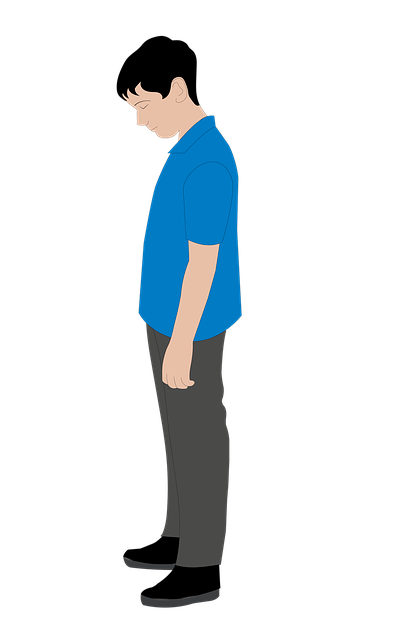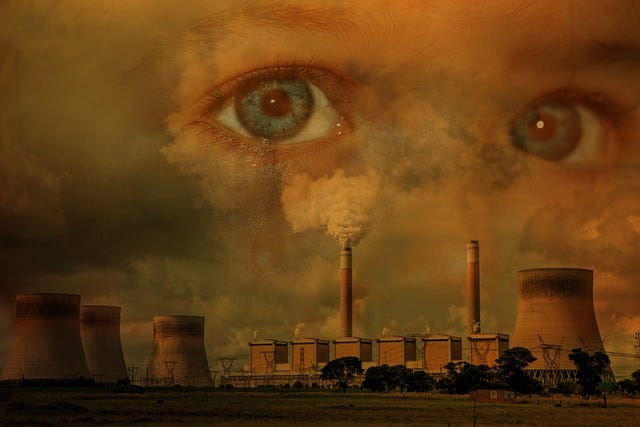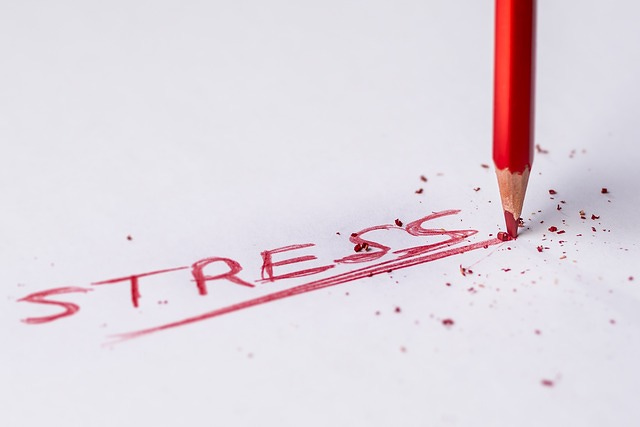The following is taken from WebMD, and what it documents is extremely troubling.
May 7, 2024
Teen mental health problems have hit a new peak in the U.S., and the gap between the number of teenagers who report conditions like anxiety, depression, and hopelessness and the number of those who receive treatment is increasing.
Youths who feel sad and hopeless are more likely to engage in risky behaviors than are those who have a more positive outlook, the report notes. They are three times more likely to use illicit drugs, 2.3 times more likely to engage in binge drinking, 1.5 times more likely to drink and drive, and 1.3 times more likely to have sex using no method of contraception.
As the mental health crisis among them has worsened, the number of teens who have contemplated or attempted suicide has risen, and racial differences are clear. The rate of White high school students who considered suicide rose by 4% per year from 2011 to 2021; in contrast, the rate increased by 5% year over year for Black students and 3% for Hispanic students while dropping slightly for Asian students. High school girls were much more likely than boys to consider suicide or have a major depressive episode in 2021.
Experts interviewed by WebMD agreed that social media is a big part of what is ailing American adolescents, but it's not the entire story.
"The world is being perceived as more dangerous than it was before," said John Piacentini, PhD, a pediatric psychologist and a professor of psychiatry and biobehavioral sciences at UCLA.
"The American Psychological Association does a Stress in America survey every few years. And in the 2018 report, they found that Gen Z kids worry at significantly higher rates than the general population about mass shootings and school shootings, because that's what's going on for them. Climate change and global warming are also issues for them."
Robin Gurwitch, PhD, a psychologist, and a Duke University School of Medicine professor, agreed.
"Climate change is a huge worry and concern for adolescents today, and so are school shootings," she noted. "We also know that social media is adding to anxiety and depression among adolescents, and both are getting worse."
I was born on October 23, 1942:
People have said that kids do not think about the world or politics. However, I remember that when we were kids, we would talk to each other about the state of the world. We knew very well what was going on. We discussed the number of nuclear missiles the Soviet Union had versus what we had. We were aware of the Korean War and we were aware of what happened during World War II. The principal sometimes came into the classroom and told us to take cover. We had to duck under our desks, supposedly protecting ourselves from a nuclear attack. We were told we did this, but I remember all of us thinking it was silly.
The difference between then and now was that we felt secure in America. We knew we had a powerful country, and we knew we were safe. We didn't worry about crime because it wasn't an issue. We lived in New York City, went out with our friends, rode the subways, took the buses, and didn't worry about the world.
None of this is to imply that our family lives were easy. There was plenty of conflict in my family and in many others. However, I know, and I remember clearly, that we didn't contemplate suicide, we didn't take drugs, and we didn't drink alcohol. By comparison to today, there was very little depression and mental health issues among our kids.
Back then, the divorce rate was very low. I didn't know anyone whose parents were divorced. Our mothers were home, and our fathers went out to work. Families were intact. Compared to today, when there were so many single-parent families when we were kids, we all lived in extended families. All of this made for a world and community that felt safe and secure.
However, the nation faced serious problems during that era. There were the Korean and Vietnam wars, racial tensions, and the assassinations of President John F. Kennedy, Robert Kennedy, and Martin Luther King, the great civil rights leader. So, these are important facts to prevent readers from believing that the past is romanticized.
One of the most significant challenges for parents today is balancing work and family responsibilities. With the rising cost of living and the increasing necessity for both parents to work outside the home, finding quality time to spend with children can be difficult. Long working hours, lengthy commutes, and the ever-present pressure to be "always on" in today's competitive work environment leave parents feeling stretched thin and unable to engage with their children entirely. It can lead to feelings of guilt, inadequacy, and exhaustion. In addition, there is the potential for behavioral and emotional problems in children who feel neglected or unsupported.
Another major issue facing parents is the omnipresence of technology and digital media. Children today are growing up in a world where smartphones, tablets, and social media are everywhere, and parents must grapple with the challenge of setting appropriate boundaries. Technology offers valuable educational resources, but it exposes children to inappropriate content, cyberbullying, and the addictive pull of constant stimulation.
The rising cost of childcare and education is another significant hurdle for parents. With the price of daycare, preschool, and private education soaring, many families need help to afford their children quality care and educational opportunities. This leads to hard choices, such as sacrificing career advancement or financial stability to stay home with children or settling for poor-quality childcare. The lack of affordable, high-quality childcare and education options has long-term consequences for children and families.
Mental health concerns are also a growing challenge for parents and children. Today's kids face levels of stress, anxiety, and depression that most of us in our time never faced. Today, that stress is fueled by factors such as comparing themselves to others, they see on social media. Also, kids are aware of the threat of climate change. They know about the political instability in America and around the world.
Parents must be attuned to their children's emotional needs and equipped to provide support and resources. It's a daunting task, especially for those parents grappling with their mental health challenges, marital issues, and lack of access to affordable mental healthcare.
Finally, parents today must contend with raising children in an increasingly diverse and complex world. With issues of race, gender, sexuality, and identity at the forefront of public discourse, parents must find ways to help their children navigate these complex topics and develop empathy, understanding, and respect for others. It requires a willingness to engage in hard conversations, challenge biases and assumptions, and model inclusive behavior.








Allan- You're absolutely right about this: "The difference between then and now was that we felt secure in America." There's something very unnerving about the 'be-everywhere' and 'get-everywhere' state of today's upbringing. It could be many things: the unhinged digital reach, the lessening human interaction, the skewed understanding of reality vs. perception, the increasing focus on growth for the sake of growth, the decreasing focus on rooted understanding of self and others, and many more possible reasons. Thanks for bringing this to light, Allan. I hope you're well today-
All 4 of my granddaughters are struggling with mental health issues. Two have suicidal thoughts. Their parents also struggle. They were able to get help right away which helps. But the stress is on-going & difficult. We are not alone with this issue.